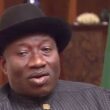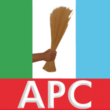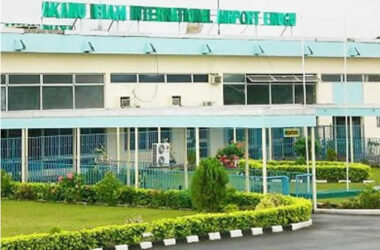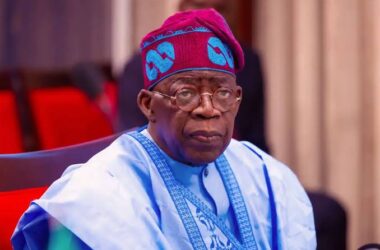Prof Nimi Wariboko, Professor of Social Ethics at Boston University, has decried the country’s use of tariffs as a mechanism to entrench monopoly conditions that benefit a select few rather than stimulate economic growth.
Speaking on Inside Sources, a programme hosted by veteran journalist Laolu Akande, Prof Wariboko argued that tariffs in Nigeria have little to do with economic strategy or national interest. Instead, they are instruments of state capture, designed to serve the narrow interests of politically connected individuals.
“Tariffs in Nigeria are not geared to benefit the economy. They are a feature of state capture,” Wariboko declared.
“What the ruling class have done in Nigeria is to protect their own and to rape the whole economy.”
He further explained that tariffs are often imposed not with the goal of shielding emerging industries or enhancing local productivity, as is the case in many developed economies, but rather to create exclusive markets for individuals who have access to the corridors of power.
“So, tariffs are imposed to create monopoly conditions for some certain individuals who contributed to political parties or who were close to the military when the military was in power,” he stated.
“They are not designed for national development but to reward loyalty and maintain elite privileges.”
Wariboko did not mince words in describing the beneficiaries of such policies. “Tariffs have been used to create protected monopolies. Certain individuals who parade themselves as billionaires, great entrepreneurs and so on — sometimes even celebrated by the press — are not really entrepreneurs. They are not capitalists. They are making money behind protected walls.”
He stressed that this practice distorts market dynamics, hinders genuine innovation, and perpetuates inequality. According to him, such protectionism undercuts competition and blocks out talented Nigerians who lack political backing or elite connections, thereby reinforcing economic stagnation.
This criticism aligns with broader concerns expressed by economists and development experts who argue that Nigeria’s policy environment continues to enable rent-seeking behavior and discourage genuine private-sector growth. Many local manufacturers and SMEs have long complained about the uneven playing field created by arbitrary tariff structures, which often favor a few conglomerates tied to powerful interests.










